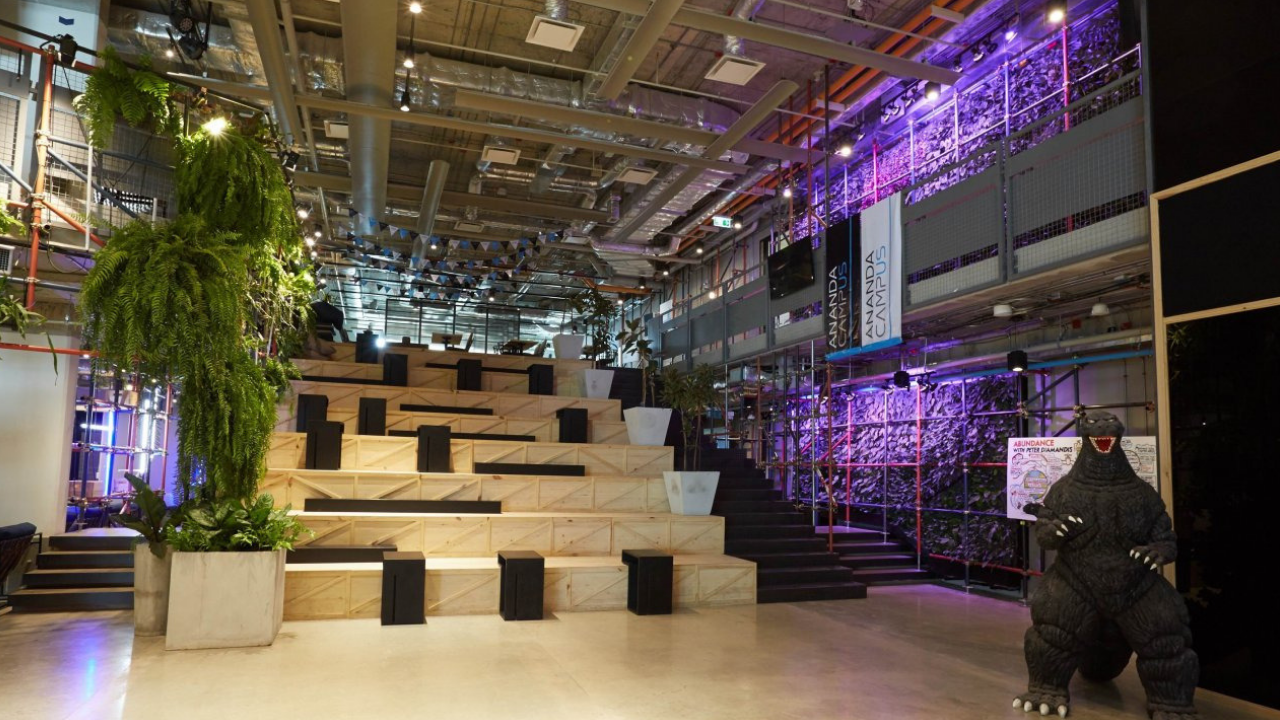Coworking operators are expanding their services in Thailand thanks to strong demand from clients. Now, many businesses are remodeling their own office designs as coworking spaces to offer a collaborative, creative environment.
AP (Thailand) chief executive Anuphong Asavabhokhin was the driving force behind office renovations for the property development company and believed that creating an environment inspired by coworking would spark creativity and help staff communicate and collaborate better.
A CBRE study said that the rise in demand for coworking spaces in Asia reflects the trend of transforming work lifestyles, and the growth is notable: 15% of office leasing transactions included “agile spaces” in the first half of 2018 alone.
Currently, major coworking operators are taking over the market including WeWork, who recently opened its flagship space in Southeast Asia.
With flexible spaces increasing in popularity, many landlords are expected to take advantage of its success. Some are even opening their own coworking space or serviced offices.
For example, Hong Kong real estate company Swire created its own coworking firm called Blueprint, and has partnered up with the likes of WeWork and luxury coworking company The Great Room.
“This gives these property owners considerably more leverage to determine the shape of the flexible space industry,” said Christopher Clausen, associate director, Asia Pacific research, at JLL. “Joint ventures or management contracts between landlords and flexible space operators are likely to become more common.”















